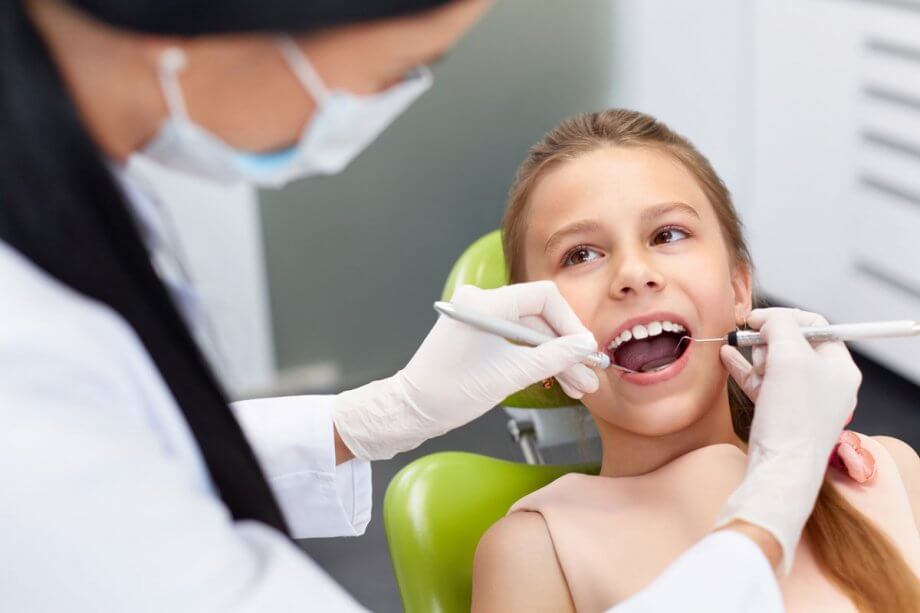Pediatric dental health goes beyond the realms of oral hygiene; it significantly impacts a child’s overall well-being, including their self-esteem. The connection between dental health and self-esteem is profound and often overlooked.
Understanding this connection is crucial for parents, caregivers, and healthcare professionals to ensure children grow up with not just healthy smiles but also robust self-esteem.
The Impact of Pediatric Dental Health on Self-Esteem:
Dental health issues in childhood can have far-reaching consequences on a child’s self-esteem. Imagine a child feeling embarrassed about their discolored, crooked, or missing teeth.
These concerns can lead to self-consciousness, social withdrawal, and even bullying, ultimately affecting their self-esteem.
Early experiences with dental health can shape a child’s perception of themselves. Painful dental problems or negative experiences at the dentist can create fear and anxiety, making children reluctant to seek dental care in the future.
This avoidance can exacerbate dental issues, further denting their self-esteem.
Moreover, the appearance of one’s smile is closely tied to self-esteem. A healthy, attractive smile can boost confidence and self-worth, while dental imperfections may lead to feelings of inadequacy.
Children with dental problems may avoid smiling or covering their mouths when they laugh, impacting their social interactions and self-confidence.
The Role of Parents and Caregivers:
Parents and caregivers play a pivotal role in shaping children’s attitudes towards dental health and self-esteem. Instilling good oral hygiene habits from an early age not only promotes dental health but also teaches children the importance of self-care and fosters a positive self-image.
Regular dental check-ups are essential for maintaining dental health and addressing any issues promptly. Parents should create a supportive environment where children feel comfortable discussing their dental concerns without fear of judgment.
Open communication helps alleviate anxiety and encourages children to prioritize their dental health.
Furthermore, parents should model positive behaviors by practicing good oral hygiene themselves. Children often mimic their parents’ actions, so demonstrating proper brushing, flossing, and regular dental visits sets a healthy example.
The Role of Healthcare Professionals:
Dentists and pediatricians play crucial roles in promoting pediatric dental health and bolstering self-esteem. Beyond addressing dental issues, the best Windermere pediatrics in Orlando FL should educate children and parents about the importance of oral health and its impact on overall well-being.
Creating a welcoming and child-friendly environment in dental clinics can help alleviate children’s anxiety and build trust.
Pediatric dentists should employ gentle techniques and positive reinforcement to ensure a positive dental experience for children, thereby fostering a positive attitude towards dental care.
Healthcare professionals should also be vigilant for signs of dental problems or low self-esteem in children and offer appropriate support and intervention. Early identification and intervention can prevent long-term consequences on both dental health and self-esteem.
The connection between pediatric dental health and self-esteem is undeniable. Healthy teeth and gums contribute not only to physical well-being but also to mental and emotional health. By prioritizing pediatric dental health and addressing dental issues promptly, we can help children develop healthy self-esteem and confidence that will benefit them throughout their lives.
Parents, caregivers, and healthcare professionals must work together to ensure every child grows up smiling brightly, both inside and out.
